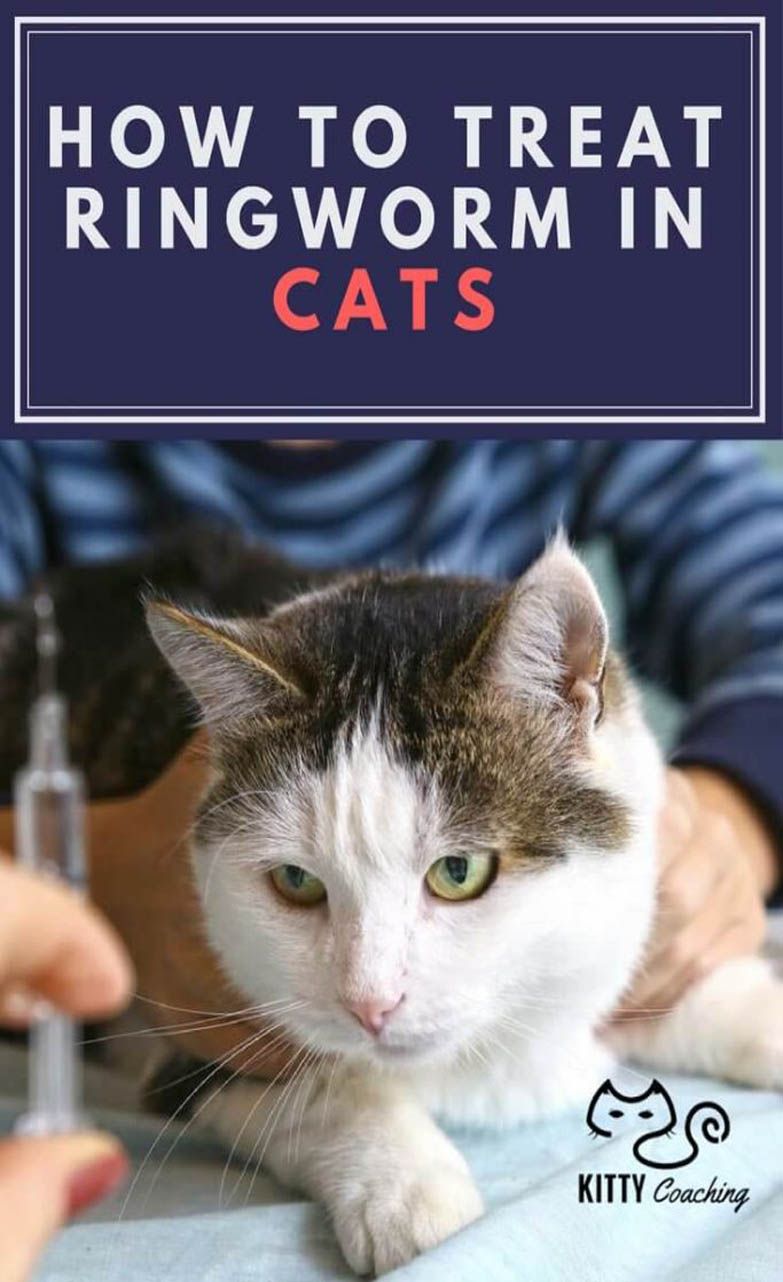Stomach Worms In Cats Treatment

Once infected your furry friend may experience stomach upset vomiting or diarrhea among other signs of illness.
Stomach worms in cats treatment. Cats who have worms often still have a good appetite but you may notice that despite eating a normal amount they are losing weight. Effective treatment is available and avoiding exposure to cat vomit is the most effective way to control infection. The roundworms are 2 to 4 inches long and have tapered endings. Because of this a vet will also prescribe medication to treat the stomach worm infection and ensure every worm is killed.
If you know the most common signs you can take your cat to the vet for treatment in good time. If a cat has a bad reaction to the worms and there is diarrhoea or sickness simple foods such as rice with chicken or white fish can help to settle the stomach and fresh water should always be provided but the most important thing is to use a worming treatment to get rid of the infestation. Common worms in cats. Physaloptera infections are even more rare than ollanulus infections.
A kitty with stomach worms needs special medication to rid her of them. The vomit or the feces may contain worms or segments of tapeworms. The most common intestinal parasites in cats roundworms measure about 3 4 long and resemble spaghetti yuck hookworms. The symptoms of cats infected with intestinal worms will include the followings.
Intestinal parasitosis is probably one of the main reasons why we go to the veterinary practice with our cats especially when we have just adopted a young kitten. Adult female worms attached to the stomach lining pass eggs that are eaten by an intermediate host usually a cockroach or cricket. The presence of what we commonly know as worms in their feces is enough to diagnose their presence but there are some less striking symptoms such as a coarse coat and abdominal distention. To treat physaloptera spp vets may prescribe pyrantel pamoate or ivermectin which are both administered to the cat twice over the course of two to three weeks.
There are many types of worm like parasites that can infect your kitty usually targeting her intestines or stomach. Worms steal food and cause damage to the gut lining it s rare for them to cause serious illness in adult cats but common for them to cause problems in kittens. Tapeworms and whipworms typically cause mild symptoms both experts say adding that severe infestations with roundworms and hookworms can make your cat seriously ill and may even cause anemia depending on how. A cat that has intestinal worms may suffer from diarrhea loss of appetite or vomiting with the severity of symptoms dependent on the type of worm and how heavy the infestation is.
Weight loss and a distended stomach.


















